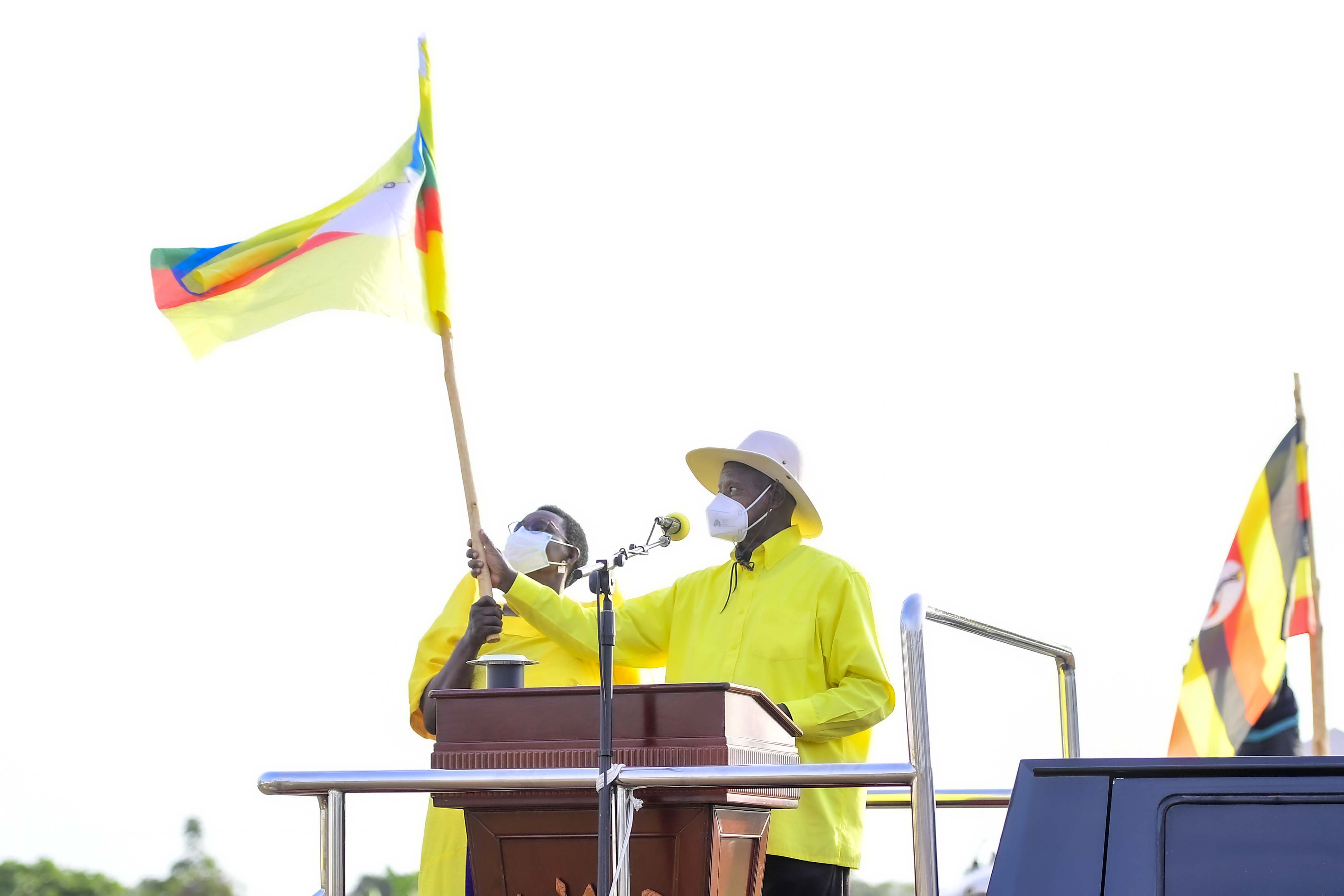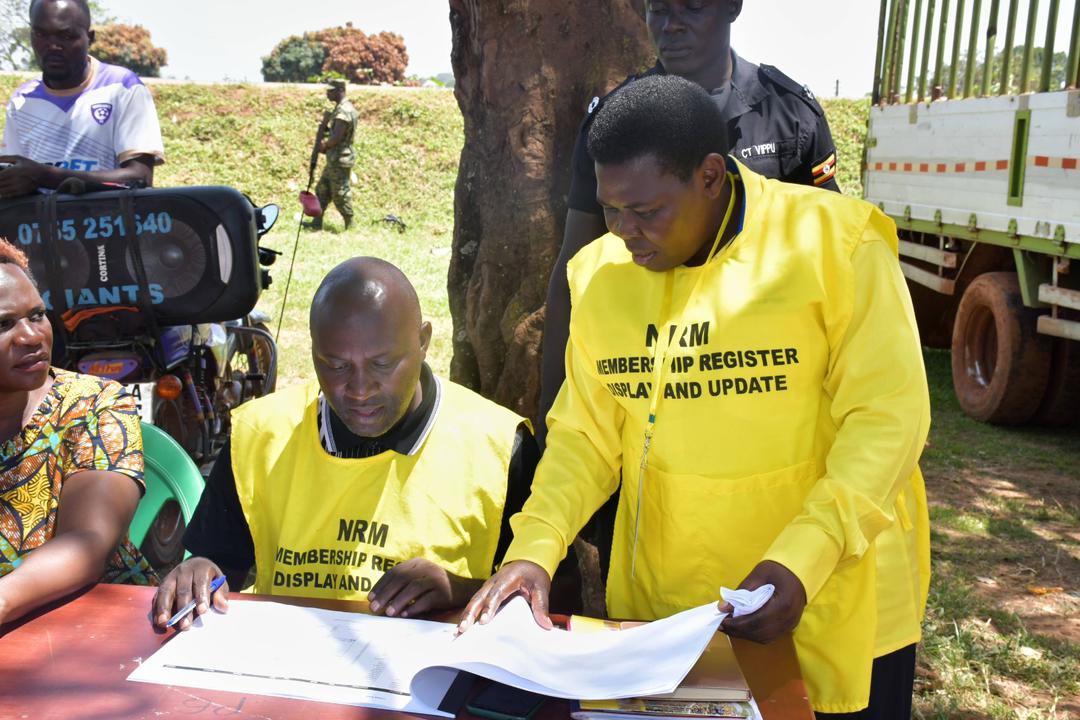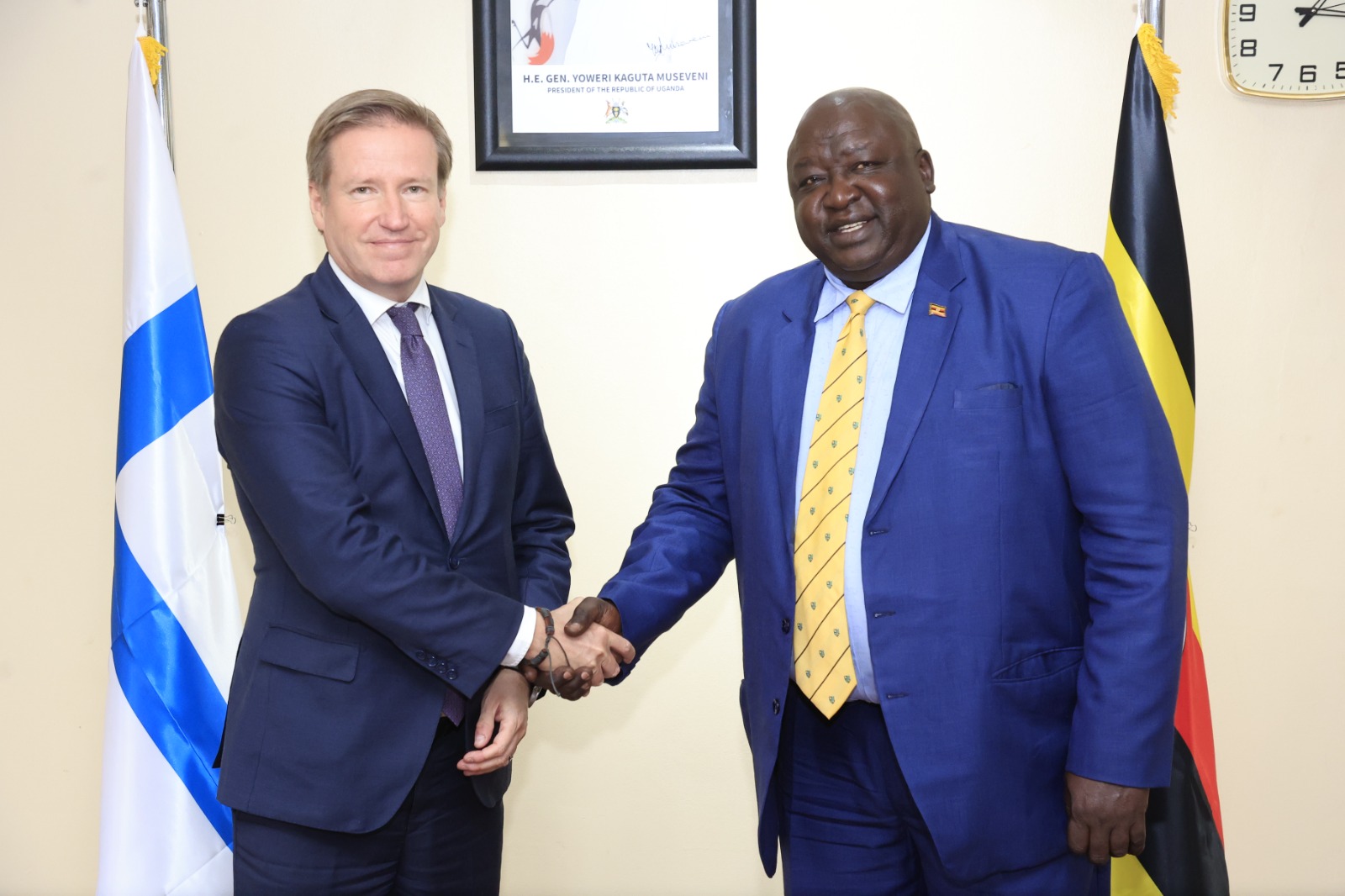VIDEO: Why has the NRM held onto power for 33 years? An analysis
By Reuben Baingana
This weekend, the National Resistance Movement (NRM) celebrated its 33rd anniversary since they took power by military means after a five-year guerilla war against President Milton Obote II government and later, the military junta led by General Tito Okello Lutwa on 26th January 1986. The leader of the ragtag army, the National Resistance Army who had just entered Kampala, Yoweri Kaguta Museveni and NRM promised Ugandans a fundamental change through its blue print programme.
Keep Reading
The ten-point programme was to become his policy guideline in rebuilding the economically shattered and deeply divided country and therefore in analyzing whether the NRM indeed has delivered a fundamental change, we need to look at some of them briefly. I will focus on democracy, security and the economy.
https://www.youtube.com/watch?v=U2FW6ag8XX8
Restoration of democracy was the first point, the introduction of the 1995 constitution that made Ugandans the masters of their own destiny in article one, that power belongs to the people was a good start, but increasingly, we have seen electoral related violence in major elections since 1996, 2001, 2006, 2011 and 2016, bye-elections and party primaries have tended to be bloody and people have lost lives. 2018 Arua and Bugiri by-elections are good recent examples.
https://www.youtube.com/watch?v=JHTyFA9bsE4
Cases of vote rigging, intimidation by security forces, and heavily commercialized elections are daily occurrences. The independence of the electoral commission and its members has always been questioned by the opposition and Civil Society Organizations. The controversial lifting of term limits in 2005 and age limits in 2017 when article 102b was amended removed the safeguards that would have guaranteed a peaceful transfer of power, these indicators show that democracy and constitutionalism in Uganda is still a continuous process, not an event.
NRM and those opposed to it will tell you that so far, its biggest achievement is the restoration of security for the people and their property. The NRM has been able to tame state inspired insecurity by its agencies, and there is relative peace in all regions of Uganda, save for Kasese that saw pockets of insecurity in 2017 and the attack on the Rwenzururu Palace by the military that claimed many lives. We have also seen targeted killings of high profile people including Moslem sheikhs, a judge and high ranking security personnel and we never get to see the reports.
Northern Uganda is relatively peaceful after 20 years of war, Karamoja is pacified due to the disarmament policy of NRM, and Uganda has indeed become an island of peace in a volatile region as well as the biggest host of refugees in Africa numbering to over a million from neighboring countries.

It is also worth noting that we are now exporting peace to the region, in Somalia, South Sudan and Central African Republic. As a regular follower of Ugandan politics and its actors, no single Ugandan politician has articulated the need for East African integration and strategic security for Africa like Gen Museveni has done in pursuit of the philosophy of Pan Africanism, and he has walked the talk in this regard.
Thirdly, adopting a mixed economic system. NRM came to power proclaiming the philosophy of Marxism and was leaning more to socialist ideals, with time it has become the most capitalist government since independence, through its policies of liberalization, privatization and free market enterprise, probably dictated by the World Bank and the International Monetary Fund, most of the government owned institutions were sold to multinational companies like banks, electricity inter alia.
This means that whereas as we have registered impressive economic growth rates since 1986, we have handed our economy to multi-nationals who do not invest here but repatriate the profits back home, we don’t seem to have a clear policy on how to protect our infant industries from competition from more established global businesses. The government insists on a private sector led economy, but I think there is need to maintain controls on key sectors that affect the common man.
The biggest challenge to NRM so far is the failure to bridge the generation gap between the old and the post 1986 generation that has only known one president. The transition question from this generation is real and must be answered. Truth be told, there is a ‘Museveni fatigue’. The greatest gift he can give this country is to prepare a peaceful transition at all levels, either within NRM itself or other political players. This is the litmus paper test to his long tenure, failure to do this, he will have learnt nothing and forgotten nothing from Uganda’s troubled political history.
The writer is an ordinary Ugandan citizen.



















